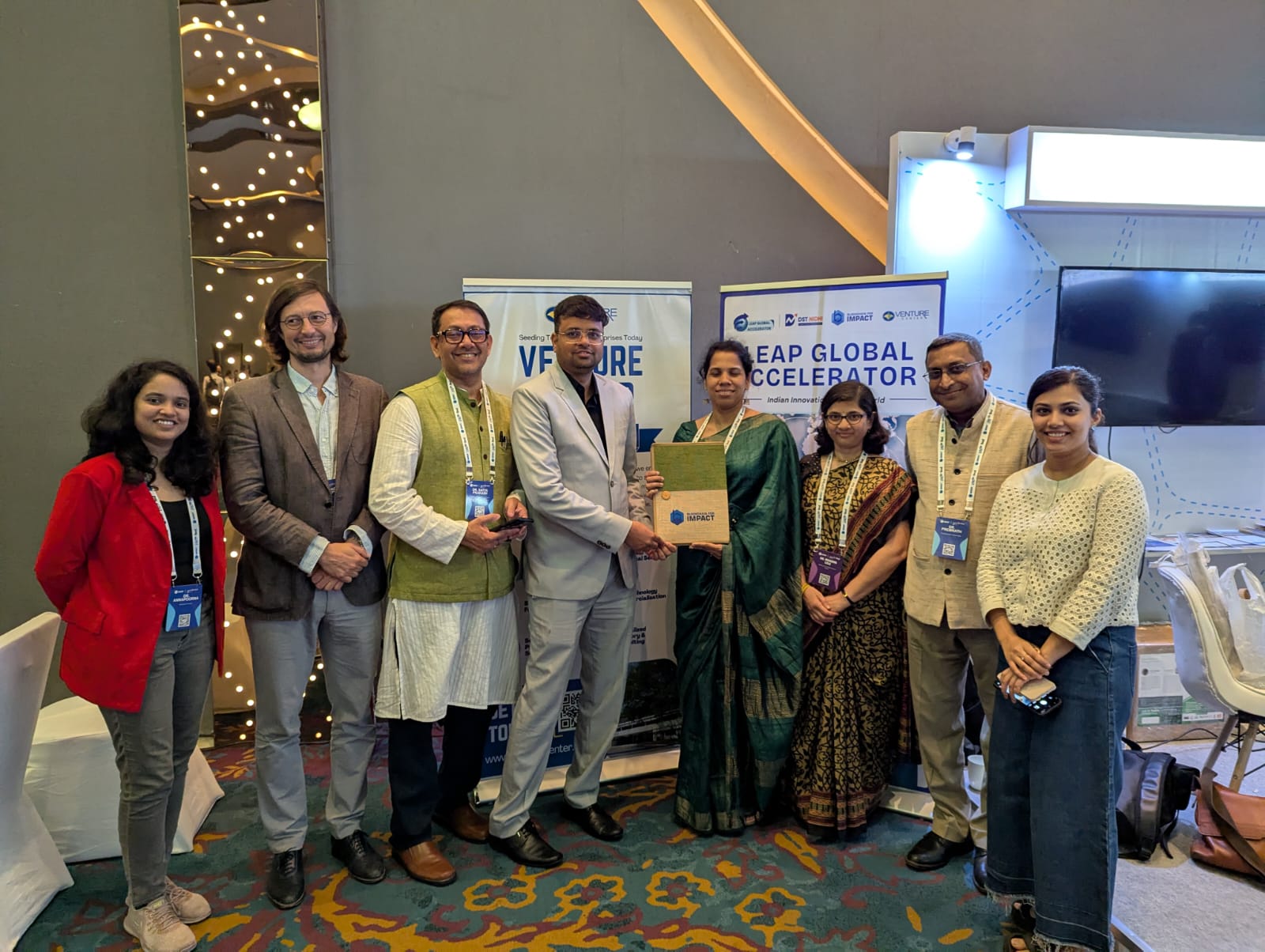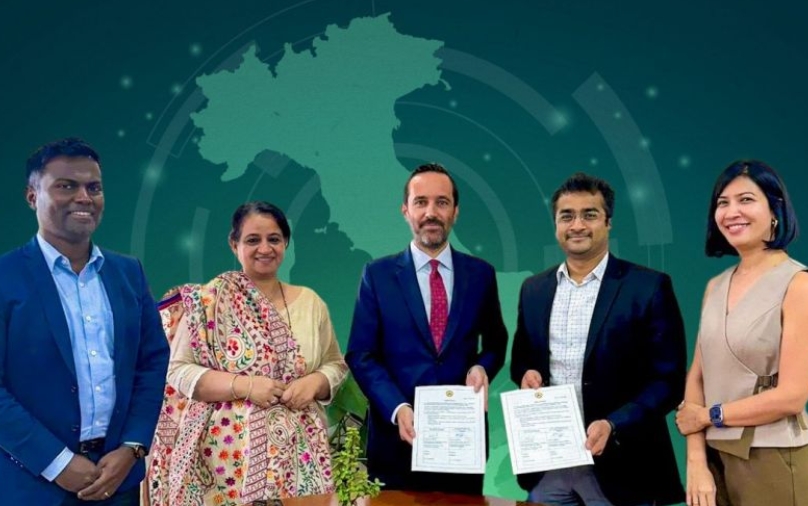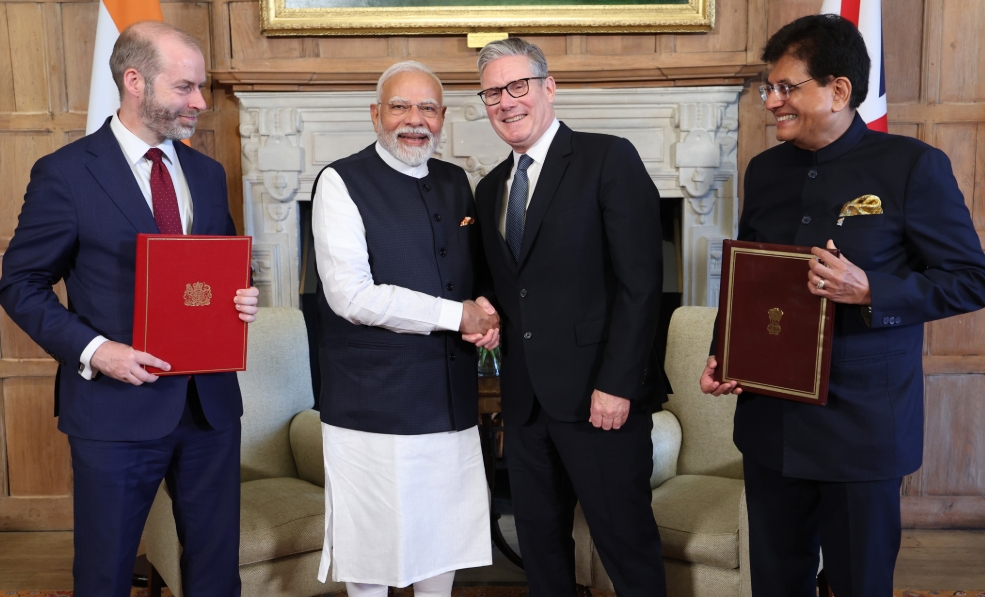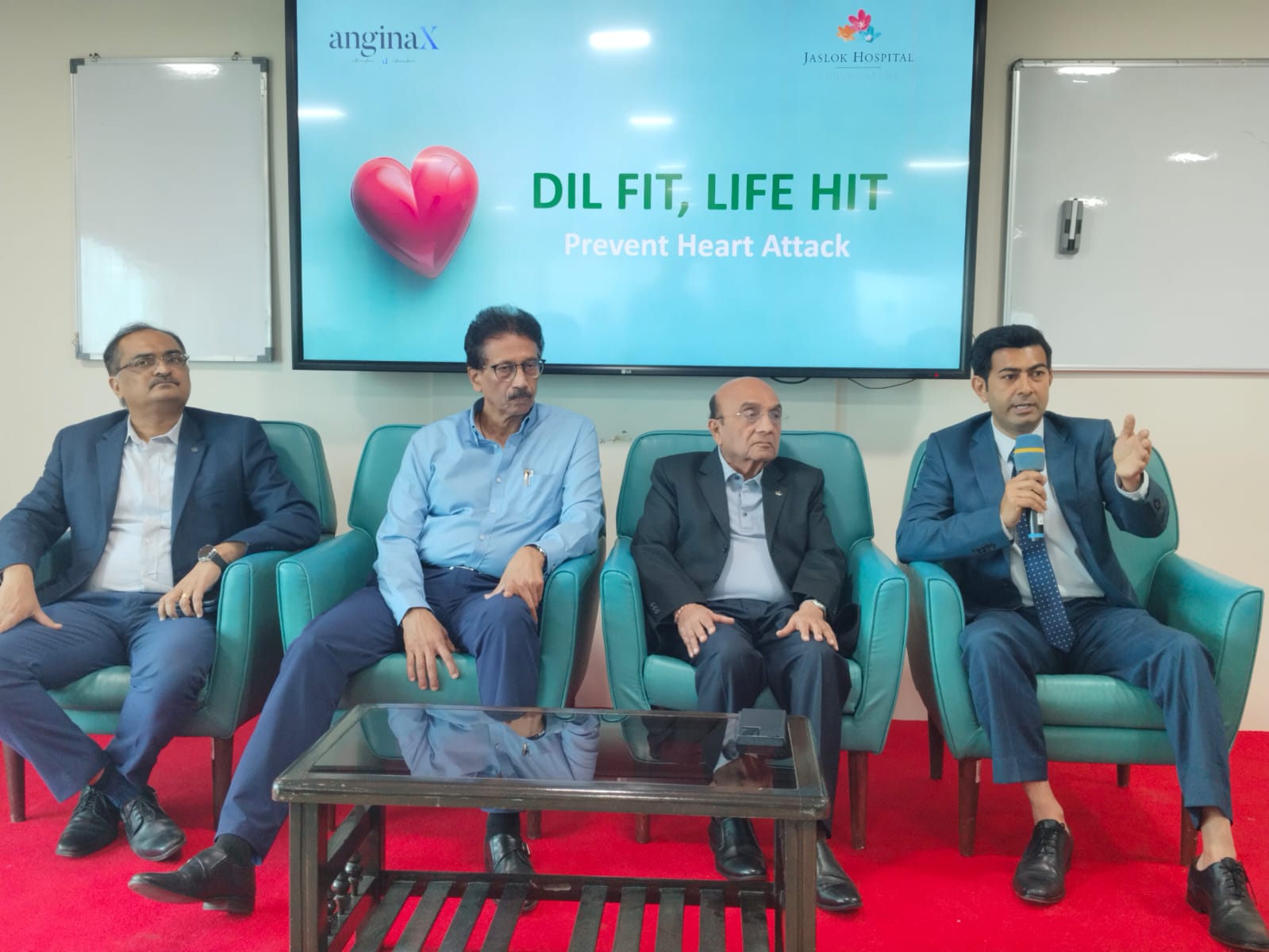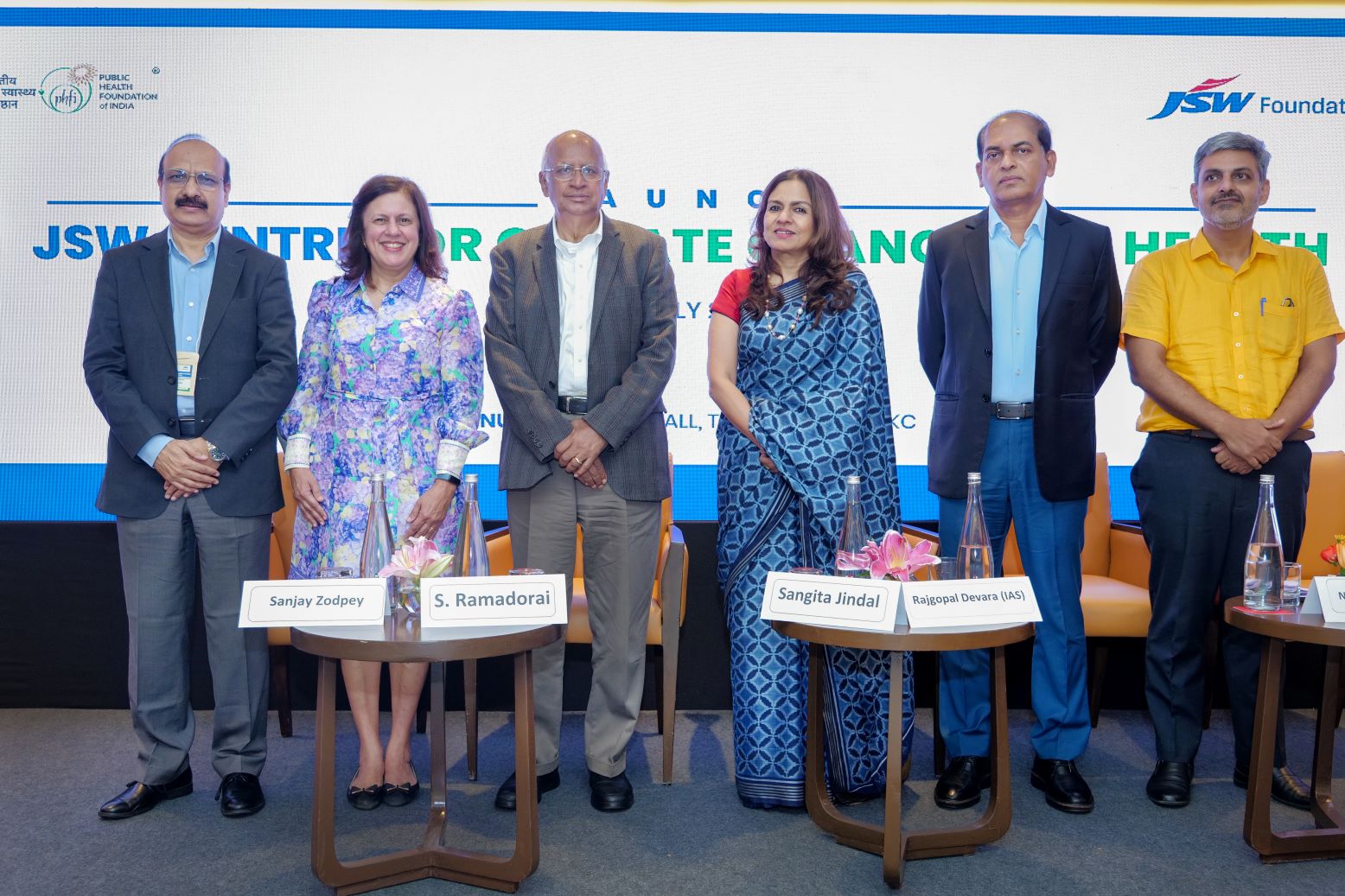Biotech leaders optimistic about future
July 17, 2012 | Tuesday | News
 Glimpses from one of the biggest congregations of bioscience companies and industry stakeholders from around the world
Glimpses from one of the biggest congregations of bioscience companies and industry stakeholders from around the world
Despite a slowing global economy, regulatory delays and policy paralysis in many nations, world's biotechnology leaders are still optimistic about the future of the biotechnology industry and believe that cures will be found to help patients with diseases such as cancer, Parkinson's, Alzheimer's, diabetes and HIV/AIDS. The optimism came through in a survey conducted among American voters, members of US Bio industry association and participants at the ongoing BIO International Convention here. The survey was conducted by Public Opinion Strategies and Peter D Hart Research Associates on behalf of the BIO. But the optimism is dimming among the people . Five years ago, 79 per cent of people were optimistic that biotech industry will address the global needs in healthcare, agriculture, energy and environment. In 2012, only 63 per cent reiterated this confidence in biotech ability to fulfill these needs.
More than 82 percent of the industry leaders confirmed that making the US regulatory approval process more efficient and transparent, without compromising consumer safety, would be helpful. Nearly two thirds of the respondents supported the creation of an accelerated regulatory approval process to speed up cures against deadly diseases.
Probably, the dissatisfaction among the US biotech industry leaders is being viewed as an opportunity by foreign governments. More than half (52 percent) of the biotech industry leaders surveyed reported being approached by a foreign government or foreign business development organization to move their company's operations overseas.
Singapore: World's 3rd most
innovative country in biotech
Singapore has emerged as the world's third most innovative country in biotech in the annual ranking of countries according to their score for innovation in biotech, prepared by leading science magazine, Scientific American Worldview. Singapore has a score of 35.57 and only the US (38) and Denmark (37.18) are ahead of the island nation in this annual ranking.
Releasing the 4th annual ranking at the BIO convention, Scientific American's editorial director, Mr Mike May, said the huge investments made in the sector by the local government as well the political stability and predictable regulatory regime propelled Singapore to the top once again. The annual exercise, done by Scientific American Worldview, in association with the US Biotech Industry Organization (BIO), since 2009, has had Singapore in the top three position for the last three years.
Singapore's neighbour Malaysia ranks 29th in the list. Taiwan is 21st, South Korea is 22. The two Asian giants China (43) and India (47) figure too low in the list. “The Scientific American Worldview offers an assessment tool, a way to review a country, its biotechnology-innovation performance and behaviors that generated that result in an objective manner,� remarked the magazine's publishing director Mr Jeremy Abbate while releasing the results. “From there, the biotechnology experts, government officials and other related parties can formulate a plan to enhance their home grown and imported capabilities in this innovation-driven field.�
The annual survey involved analysis of 65 countries which then ranked only the Top 50. Each country received a score in six categories - intellectual property, enterprise support, intensity, education or workforce, foundations and political stability. The overall innovation scores represents a simple sum of the category averages, normalized to a scale of 0-50.
|
|
|
India announces new biosimilar regulatory guidelines
India announced the new and simple regulatory guidelines for similar biologics which have been approved and marketed in the US or Europe for more than four years. The guidelines, released for the first time, at the BIO industry conference on June 19, 2012, provided requirements for preclinical evaluation of those recombinant products that are claimed to be similar to the already approved biopharmaceutical products, referred as 'similar biologics'. Therefore, the regulators will partly rely on the information from the already approved products for ensuring safety, purity, potency and effectiveness.
Releasing the guidelines, Dr Maharaj K Bhan, India's top biotech policy maker and secretary, department of biotechnology (DBT) says, “This will be good news for governments and patients alike as it will lead to significant reduction in costs with the introduction of a similar biologic or biosimilar to the market.�
These guidelines prescribe the quality, preclinical studies and clinical trial requirements of similar biologics in India. India has so far approved over 20 similar biologics that include recombinant therapeutics and monoclonal antibodies based on abridged regulatory requirements.
The new guidelines require demonstration of similarity between similar biologic and the reference innovator product, and consistency in production process. If differences are significant, then more extensive evaluation will be required to prove similarity.
India's definition of similar biologic is: a biological product or drug produced by genetic engineering techniques and claimed to be “similar� in terms of quality, safety, efficacy to a reference innovator product, which has been granted a marketing authorization in India by a competent authority on the basis of a complete dossier, and with a history of safe use in India.
|
|
|
“These survey results are clear: the American people want policy makers to support cutting-edge research that will enable biotechnology to fulfill its potential to heal, fuel and feed the world,� said Mr Jim Greenwood, president and CEO, BIO. “We are at a critical crossroads. We need policies in place that support investment in biotech innovation and a more streamlined regulatory process that properly protects patient safety and speeds up the delivery of breakthrough medicines and cures of sick patients or we risk losing America's leadership in biotech innovation.�
Some of the other highlights of the finding are:
-
A majority (68 per cent) of industry leaders cited partisan policy gridlock in the US government as a critical concern over the next 5-10 years
- A majority of American voters rate finding cures to serious diseases such as cancer, Parkinson's and HIV/AIDS second in importance only to improving the economy ahead of combating terrorism.
- Over 62 per cent of industry leaders said lack of available capital is going to be a difficult challenge over the next 5-10 years. Five years ago, only 33 per cent of the respondents had similar apprehensions.
Narayanan Suresh Boston



